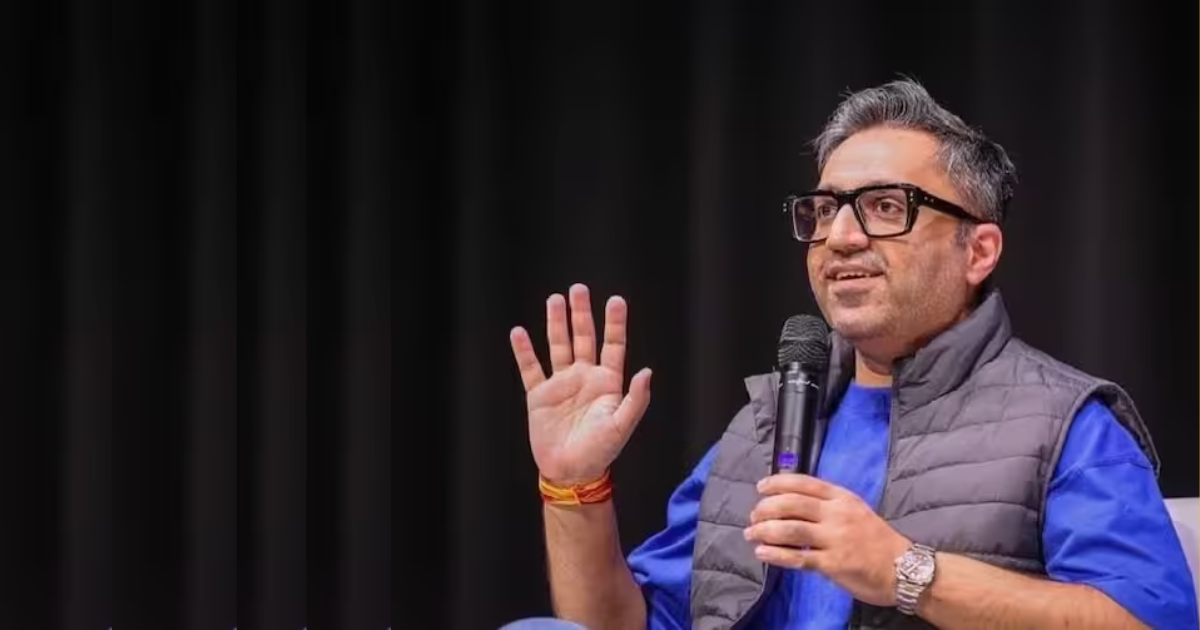The Finance Ministry announced on Thursday that expenditure in foreign exchange made using international credit cards will now be covered under the Reserve Bank of India’s (RBI) Liberalised Remittance Scheme (LRS). The LRS allows residents to remit money overseas up to a maximum of $2.5 lakh per annum without requiring authorization from the RBI.
While the decision aims to streamline and regulate foreign exchange transactions, it has drawn criticism from some quarters. Ashneer Grover, former co-founder of BharatPe and entrepreneur, expressed his disapproval, stating that Tax Collected at Source (TCS) rules will not be applicable to political donations, which enjoy income tax exemptions in India.
Grover took to Twitter to voice his concerns, saying, “20% TCS on foreign travel, 20% TCS on foreign credit card spend, and the LRS limit is an interesting rule. It is interesting to note that political donations never attract any form of TCS. Individuals and companies receive a tax rebate instead.”
Social media users also shared their opinions on the matter. One user remarked, “Break the boundaries, explore foreign lands, but the Taxman awaits with open hands. 20% TCS on your travel, an interesting twist that’ll unravel.”
Another user suggested, “You should really come into politics, as you said in that podcast.”
The inclusion of foreign credit card expenditure in the LRS is seen as a measure to ensure transparency and compliance in foreign exchange transactions. However, the discrepancy in the application of TCS rules to political donations has raised concerns among individuals and prompted discussions about the fairness and consistency of taxation policies.
As the Finance Ministry moves forward with these regulations, it remains to be seen whether any further adjustments or clarifications will be made to address the criticism and create a more balanced approach to taxation across various sectors.



![[CITYPNG.COM]White Google Play PlayStore Logo – 1500×1500](https://startupnews.fyi/wp-content/uploads/2025/08/CITYPNG.COMWhite-Google-Play-PlayStore-Logo-1500x1500-1-630x630.png)